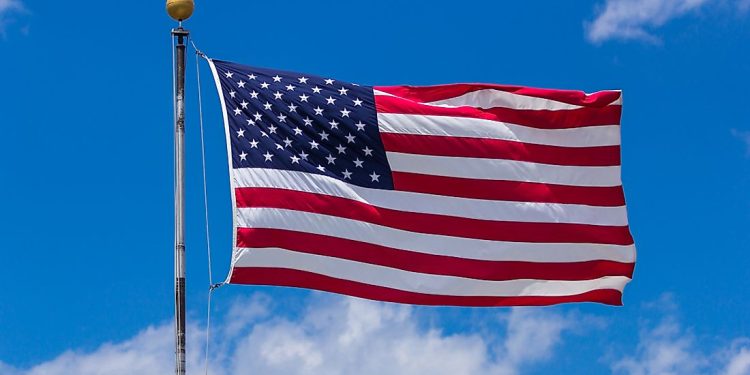The United States government has issued a comprehensive travel advisory cautioning American citizens against visiting Nigeria, citing widespread security threats including terrorism, kidnapping, armed gang violence, and severely limited healthcare access.
The advisory, released as part of a broader U.S. security assessment of African destinations, places Nigeria among 12 high-risk African countries that pose significant dangers to American travelers. Other nations flagged include Somalia, Libya, Burkina Faso, South Sudan, the Democratic Republic of Congo, Uganda, Burundi, Mauritania, Guinea-Bissau, Niger, and Chad.
Under the U.S. State Department’s four-tier risk classification system, Nigeria receives a Level Three “Reconsider Travel” designation, indicating substantial security concerns that warrant serious consideration before any planned visits.
The U.S. Mission in Nigeria warned that “all locations carry significant security risk,” emphasizing that violent crime remains commonplace throughout the country, including armed robbery, assault, carjacking, kidnapping, hostage-taking, roadside banditry, and sexual assault.
The advisory identifies 18 Nigerian states as particularly dangerous, recommending Americans completely avoid these areas. The most severely affected regions include Borno, Yobe, Kogi, and northern Adamawa states due to terrorism and kidnapping threats, while Bauchi, Gombe, Kaduna, Kano, Katsina, Sokoto, and Zamfara states are flagged primarily for kidnapping risks.
Southern states including Abia, Anambra, Bayelsa, Delta, Enugu, Imo, and Rivers are highlighted due to criminal activity, kidnapping, and armed gang operations, with particular concern noted for the Niger Delta and Southeast regions where civil unrest remains active.
The advisory emphasizes the targeting of specific demographics, stating that “kidnappings for ransom happen often” and primarily target dual-national citizens visiting Nigeria and Americans perceived as wealthy. Interstate road travelers face particular vulnerability to kidnapping gangs operating along major transportation routes.
Regarding terrorism, the U.S. government warns of ongoing threats from groups that “continue plotting and carrying out attacks” while collaborating with local criminal organizations to expand their operational reach. Potential targets include shopping centers, markets, hotels, religious facilities, restaurants, schools, government buildings, transportation hubs, and public gathering places.
Healthcare concerns feature prominently in the advisory, with officials cautioning that “U.S. citizens should not expect the same level of health care to be available in Nigeria as they do in the United States.” The warning highlights that Nigerian medical facilities generally fail to meet American or European standards, with many essential medications unavailable, including common treatments for diabetes and asthma.
The advisory strongly recommends travelers bring sufficient prescription and over-the-counter medications for their entire stay, noting that counterfeit pharmaceuticals represent a significant problem. Emergency services comparable to those in developed countries are described as non-existent, with unreliable ambulance services lacking properly trained paramedics and adequate equipment.
Additional healthcare challenges include unreliable blood supplies, hospitals requiring immediate cash payments, and most medical facilities refusing to accept U.S. health insurance coverage. The advisory strongly recommends comprehensive traveler’s insurance, including medical evacuation coverage, for anyone considering travel to Nigeria.
Required vaccinations for travelers include standard immunizations plus yellow fever, meningitis, typhoid, cholera, hepatitis A and B, and polio boosters, with mandatory malaria prophylaxis due to the country’s high-risk status for the disease.



















